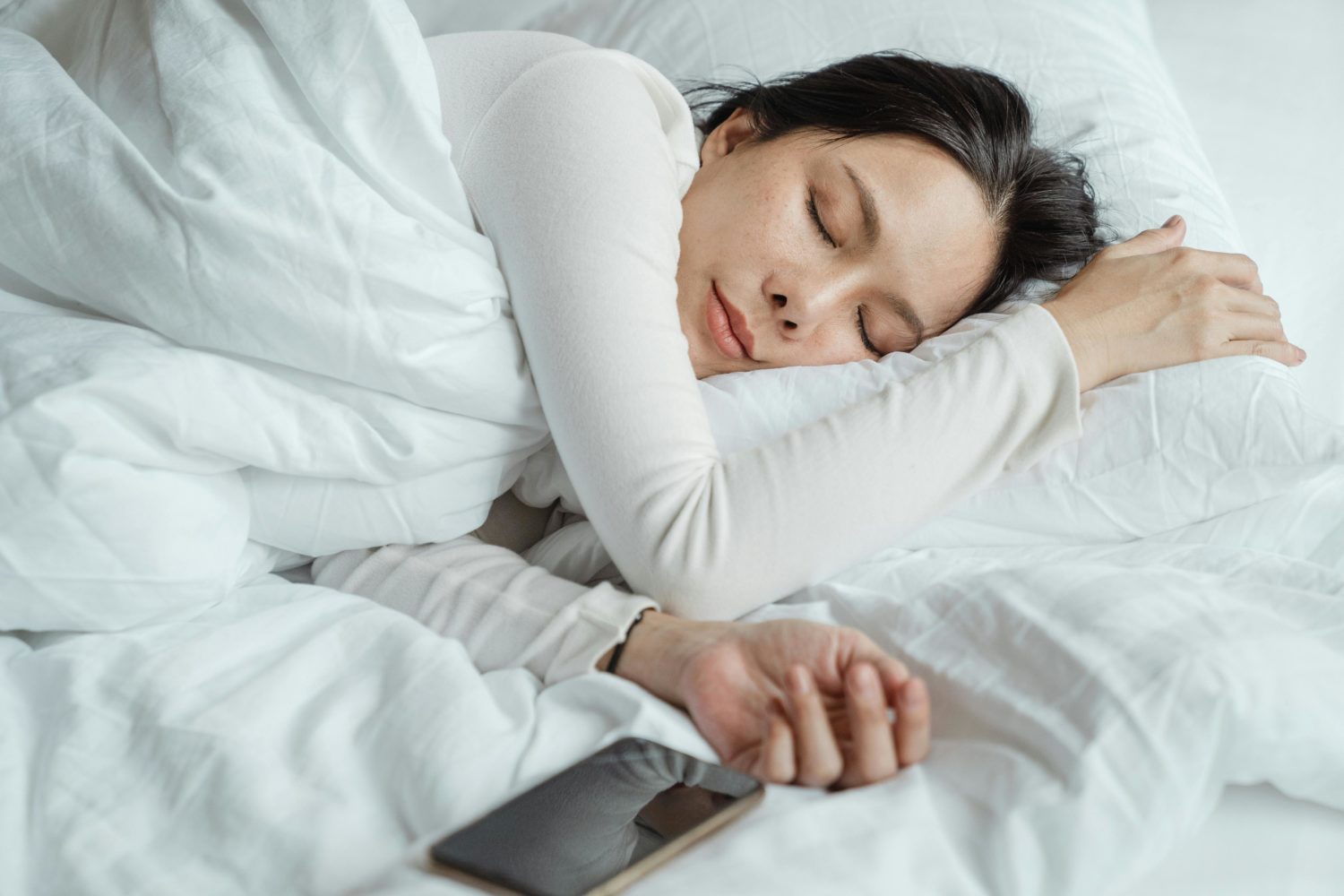
Are you or your partner struggling to catch some Z’s due to disruptive snoring? You’re not alone. Snoring affects millions worldwide, disrupting sleep patterns and leading to daytime fatigue and irritability. The good news is, there’s a plethora of solutions available to alleviate this nocturnal nuisance and restore peaceful slumber. From lifestyle adjustments to innovative devices, finding the right remedy can make a world of difference in your sleep quality and overall well-being.
Understanding the Causes of Snoring
Before diving into solutions, it’s crucial to understand why snoring occurs. Snoring typically arises when airflow through the mouth and nose is obstructed during sleep. This obstruction can be attributed to various factors, including anatomical features like a deviated septum or enlarged tonsils, excess weight, nasal congestion, or sleeping position. Identifying the underlying cause of snoring is essential for determining the most effective treatment approach tailored to individual needs. However, as detailed at https://snoringmouthpiecereview.com/, despite various causes, finding relief is possible through lifestyle changes, nasal dilators, oral appliances, CPAP therapy, or surgical interventions. Understanding these options can empower individuals to make informed decisions about their snoring management.
Lifestyle Modifications for Snoring Relief
In many cases, simple lifestyle changes can significantly reduce snoring intensity and frequency. Maintaining a healthy weight through diet and exercise can alleviate pressure on the airways, minimizing the likelihood of obstruction. Avoiding alcohol and sedatives before bedtime can also help relax throat muscles, reducing the risk of snoring. Additionally, establishing a consistent sleep schedule and sleeping on your side rather than your back can promote better airflow and diminish snoring episodes.
Nasal Dilators and Strips
For individuals whose snoring is primarily caused by nasal congestion or narrow nasal passages, nasal dilators and strips can offer relief. These non-invasive devices work by gently opening the nasal passages, allowing for improved airflow and reduced snoring. Nasal dilators are inserted into the nostrils, while nasal strips adhere to the outside of the nose, both serving to widen the nasal airway and alleviate congestion. Many users report significant improvements in snoring and breathing quality with regular use of these devices.
Oral Appliances and Mouthpieces
One popular solution for snoring, especially for individuals with mild to moderate obstructive sleep apnea, is the use of oral appliances or mouthpieces. These custom-fit devices are designed to reposition the jaw and tongue, preventing them from falling back and obstructing the airway during sleep. By keeping the airway open and unobstructed, oral appliances can effectively reduce snoring and improve sleep quality. Various types of mouthpieces are available, including mandibular advancement devices (MADs) and tongue-retaining devices (TRDs), each offering unique benefits tailored to individual needs.
CPAP Therapy
Continuous positive airway pressure (CPAP) therapy is considered the gold standard treatment for moderate to severe obstructive sleep apnea, a condition often associated with chronic snoring. CPAP machines deliver a constant stream of air through a mask worn over the nose or nose and mouth, effectively preventing airway collapse and promoting uninterrupted breathing during sleep. While CPAP therapy may initially feel cumbersome, many users experience significant improvements in snoring, daytime alertness, and overall sleep quality with consistent use.
Surgical Interventions
In cases where snoring is caused by structural abnormalities such as a deviated septum or enlarged tonsils, surgical intervention may be necessary to address the underlying issue. Procedures like septoplasty (to correct a deviated septum) or uvulopalatopharyngoplasty (UPPP) can widen the airway and reduce tissue obstruction, effectively alleviating snoring and improving breathing during sleep. Surgical interventions are typically reserved for individuals with severe snoring or obstructive sleep apnea who have not responded to conservative treatments.
Natural Remedies and Alternative Therapies
While traditional treatments offer effective solutions for many individuals, some may prefer natural remedies and alternative therapies to address their snoring concerns. Essential oils such as peppermint or eucalyptus can be diffused in the bedroom to alleviate nasal congestion and promote clearer breathing during sleep. Practicing yoga or meditation techniques before bedtime can help relax the body and mind, reducing muscle tension and snoring tendencies. Additionally, herbal supplements like valerian root or chamomile may promote relaxation and improve sleep quality for some individuals. Exploring these natural approaches alongside conventional treatments can provide a holistic approach to managing snoring and promoting restful sleep. However, it’s essential to consult with a healthcare professional before incorporating any new remedies or therapies into your routine to ensure safety and effectiveness.
In the quest for restful sleep, combating snoring is a crucial step towards achieving optimal health and well-being. Whether through lifestyle modifications, non-invasive devices like nasal dilators and oral appliances, or advanced treatments like CPAP therapy or surgical interventions, there are plenty of options available to help you or your loved one find relief from disruptive snoring. By addressing the underlying causes and exploring tailored solutions, you can reclaim peaceful nights and wake up refreshed and revitalized. Say goodbye to sleepless nights and hello to a lifetime of restful sleep.







